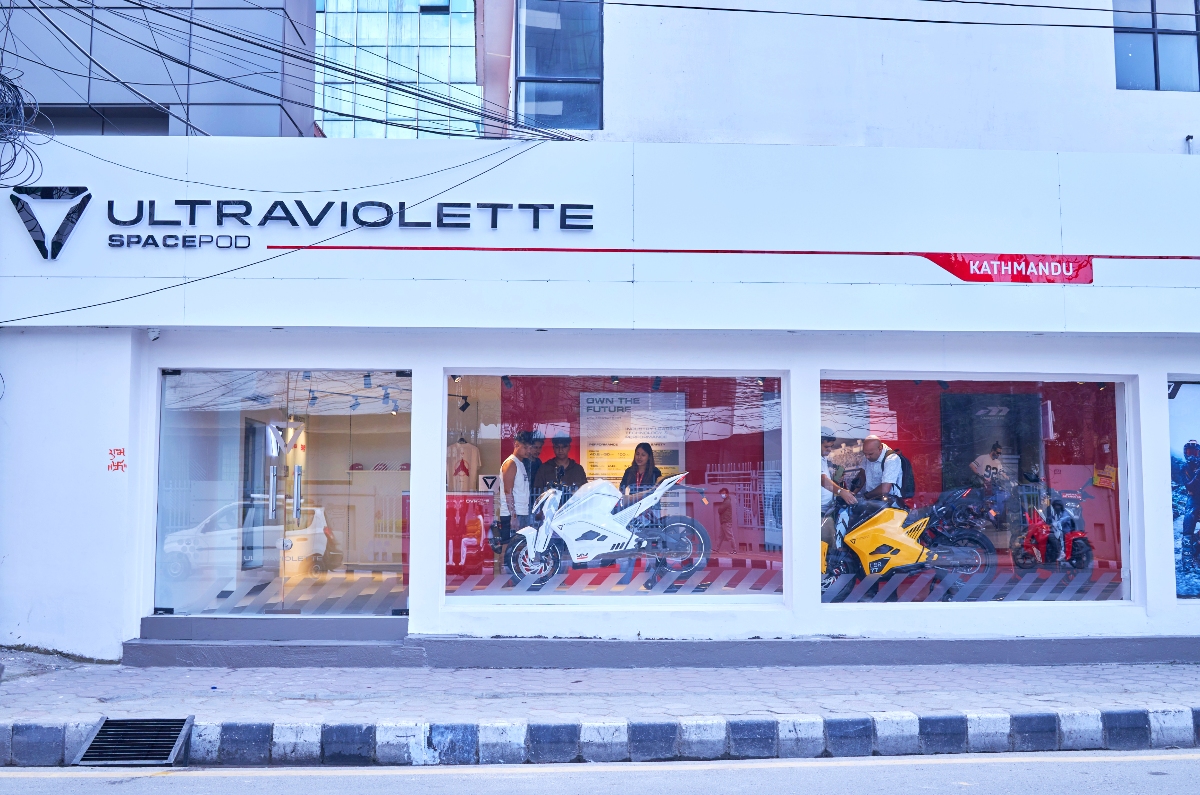As many as 80% of global capability centres (GCC) in India are directing their focus towards digital capabilities such as artificial intelligence/machine learning (AI/ML) and data analytics, at a time when 74% of chief information officers (CIO) ranked AI as a top three priority in fiscal year 2024, a new report by GCC solutions consulting firm ANSR.
“Interestingly, this surpasses the emphasis placed on the most prominent traditional tech capabilities of Application Development and Maintenance (ADM), which stands at 78%,” ANSR said in a statement.
Elevate Your Tech Prowess with High-Value Skill Courses
| IIT Delhi | IITD Certificate Programme in Data Science & Machine Learning | Visit |
| IIM Lucknow | IIML Executive Programme in FinTech, Banking & Applied Risk Management | Visit |
| IIM Kozhikode | IIMK Advanced Data Science For Managers | Visit |
The top five emerging and future-oriented skills in demand at GCCs are in the fields of generative AI, AI/ML, data analytics, cybersecurity, cloud computing, and robotics process automation (RPA), as per ANSR’s quarterly GCC report.
“GCCs are committed to talent development, prioritizing the advancement of these high-demand skills, underscoring a commitment to sustained growth. Ongoing upskilling and reskilling programs are in place to adapt to changing industry needs, fostering an innovative and agile organizational culture,” ANSR said.
The report said that India commands over 50% of the global GCC market, with an estimated 5,000 global leadership roles situated in Indian GCCs. The GCC sector, currently valued at $46 billion, is forecasted to surge to $110 billion by 2030.
GCCs are evolving towards becoming ‘digital twins’ of their headquarters, it added. About 40% of corporate headcount operates from GCCs and Indian GCCs are expected to host over 60 CIOs and SVP leaders by the end of 2024.
As businesses aim to leverage India's skilled workforce and favourable economic conditions, this growth trajectory is expected to employ over 4.5 million professionals across 2,400 GCCs.
“Given its unique mix of abundant tech talent, robust start-up ecosystem, and continuous government support, India remains the most-preferred destination of choice to set up a GCC,” ANSR said.
The report found that tech hubs like Bengaluru and Hyderabad have solidified their positions as major GCC hubs, with over 30% and 19% GCC presence, respectively. This is followed by Delhi (15%), Mumbai (12%), Pune (10%), and Chennai (9%). Apart from these six tier-1 hubs, GCCs are present in over 15 locations.
Notably, Gujarat International Finance Tec-City (GIFT City) in Ahmedabad is emerging as an attractive destination, the report found. This is owing to the regulatory environment at GIFT SEZ, which offers benefits such as competitive taxes, streamlined business processes, relatively lower operational costs, and top-notch infrastructure.
The sector is also experiencing significant diversification in demand and capability functions. For instance, beyond corporates, sectors like healthcare (21%), hi-tech (21%), BFSI (14%), manufacturing (14%), and retail (7%) are driving demand.
GCCs are emerging as an attractive option for talent migration amid global economic challenges resulting in reduced salary increments, a funding winter for startups, cost control measures, and layoffs in the product and services sector, ANSR said.
"We are witnessing a transformative shift in the global GCC landscape, with a strong focus on digital capabilities such as AI/ML, Analytics, Cybersecurity, Cloud etc. driving unprecedented growth," said Vikram Ahuja, cofounder of ANSR, and CEO of Talent500.
"As India continues to emerge as a powerhouse for GCCs, we are driven by our vision to empower top global businesses with our AI-driven solutions to set up, run and manage high-impact global centers.”
On the real estate front, GCC hubs Bangalore, Hyderabad, Delhi, Mumbai, and Pune are projected to lease approximately 60–62 million square feet of office space by 2025. Meanwhile, tier-2 cities such as Ahmedabad, Coimbatore, Bhubaneshwar, and Vadodara are emerging as non-metro clusters, where leasing volumes for GCCs could increase in the medium-term as more companies plan to establish their India capability centres, the report found. It added that India with lowest rents in the region offers biggest cost savings among the peers.

 6 months ago
65
6 months ago
65



































 English (US)
English (US)